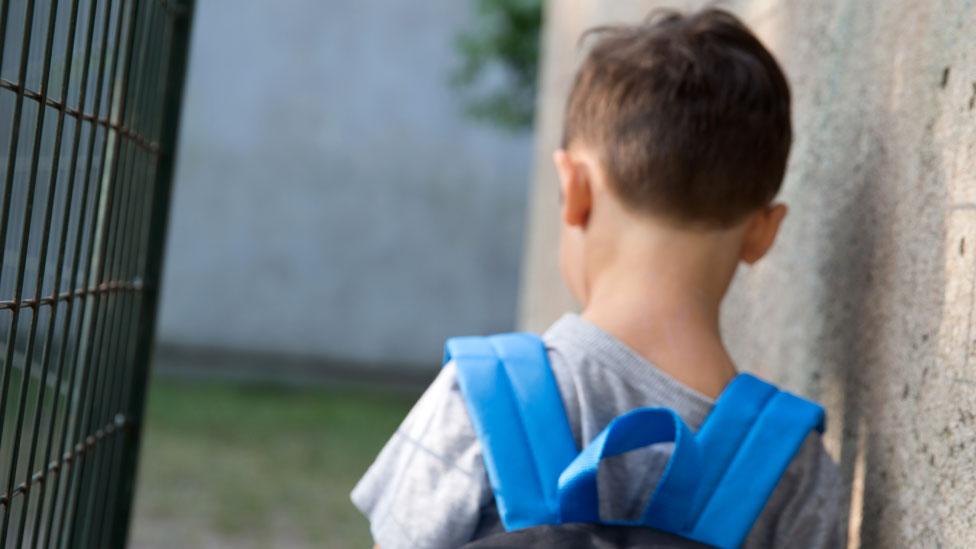NHS struggling with 'long tail' of pandemic mental ill health
- Published

The previous two years had each seen about 3.8 million referrals
The number of referrals for specialist NHS mental health care reached a record high in England by the end of 2021, an analysis suggests.
The Royal College of Psychiatrists says the pandemic has led to unprecedented demand and backlogs and services are struggling to keep up.
There were 4.3 million referrals, for conditions such as anxiety and depression, in 2021, NHS Digital, external says.
Just under a quarter - 1.025 million - were for children or adolescents.
The previous two years had each seen about 3.8 million referrals.
The college said the NHS had delivered 1.8 million mental health consultations in December 2021, as the Omicron variant of Covid-19, first identified in South Africa, spread across the UK.
But an estimated 1.4 million people were still waiting, external for treatment.
And hundreds of adults were being sent far from home for treatment because of a lack of beds in their area.
'Impossible situation'
President Dr Adrian James said: "As the pressure on services continues to ratchet up, the silence from government continues to be of grave concern for the college, the wider mental health workforce and, most importantly, our patients.
"The warning of the long tail of mental ill health caused by the pandemic has not been heeded.
"Many thousands of people will be left waiting far too long for the treatment they need unless the government wakes up to the crisis that is engulfing the country.
"Staff are working flat out to give their patients the support they need but the lack of resources and lack of staff mean it's becoming an impossible situation to manage.
"We don't need warm words or empty commitments.
"We need a fully funded plan for mental-health services, backed by a long-term workforce plan, as the country comes to terms with the biggest hit to its mental health in generations."
Marjorie Wallace from the mental health charity SANE said: "We need urgent action or our failures to act now may leave us with a lost generation. The huge rise in the number of referrals last year, including more than one million children, suggests that we are sleepwalking into a crisis.
"Mental health staff are so depleted and on their knees that we know of patients and families told they have to wait until something terrible happens before action is taken."
A government spokesperson said: "We are committed to ensuring everyone is able to access the help and advice they need, which is why we are investing an additional £2.3 billion a year into mental health services by 2023/24, on top of the £500 million we have made available to address the impact of the pandemic.
"We will be launching a national conversation to inform the development of a new long-term mental health plan later this year."
Related topics
- Published4 February 2022
